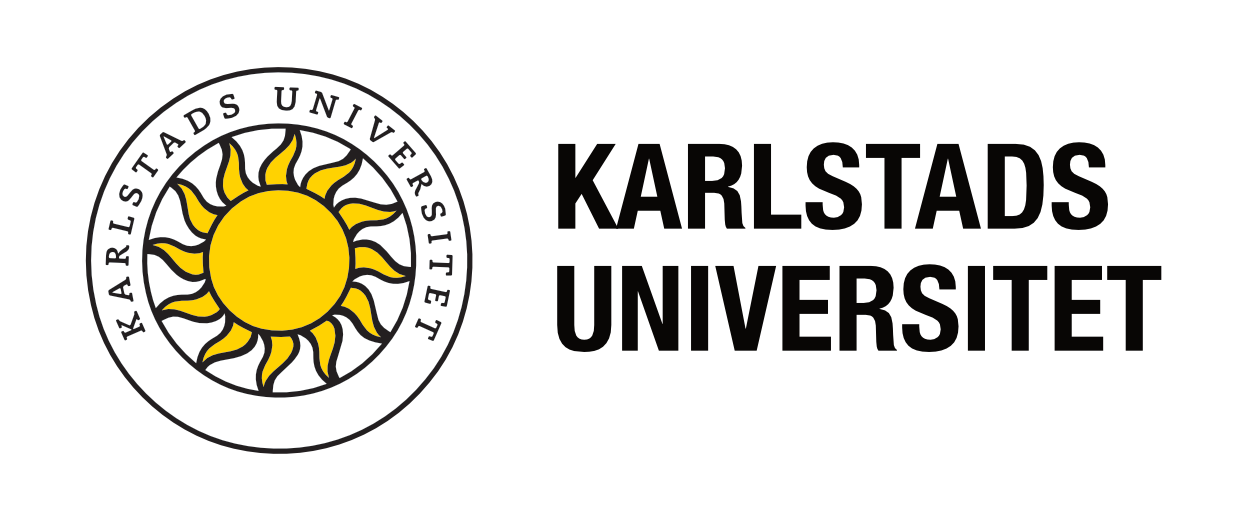It can be difficult to criticise someone’s writing. And perhaps even more difficult to be at the receiving end. And it will not be made easier if it concerns a course that does not revolve around language at all. Here is some advice on how to increase the chances of successful feedback.
Continue reading “Giving feedback on poor writing: How do you approach it?”Tag: Students with special needs
Reading instructions for students? When and how?
If you arrive at university fresh out of upper secondary school or after several years in working life, it can be difficult to approach the task of reading large quantities of text. How would you – the teacher – describe your target group? Do they need the support of reading instructions and study techniques?
Continue reading “Reading instructions for students? When and how?”Pedagogical café: Discussing language difficulties with students
In the pedagogical conversation with UPE under the heading “How do you discuss language difficulties with students?” in Zoom 17 May 2022, over 60 members of teaching staff gathered to discuss students’ language difficulties and how it affects teaching.
Continue reading “Pedagogical café: Discussing language difficulties with students”Tips: Two-part exam for students with extended writing time
Prevent cheating at take-home exams, where fast students help students with extended writing time.
Continue reading “Tips: Two-part exam for students with extended writing time”Tips: Fixed Ask-the-teacher time slots
Many students are reluctant to adderss direct questions to the teacher, especially in large student groups or when the teacher is avaliable only online and not least when the question must be asked in writing. The teacher, on the other hand, may feel that there are too many questions about the same thing, even though it is a minority of the students who ask. Fixed time-slots for questions is a strategy to solve the problem.
Continue reading “Tips: Fixed Ask-the-teacher time slots”Study support
Some students need special arrangements to be able to participate in teaching and examination. If the needs are due to a permanent disability, they are entitled to such support. The teacher/examiner must, however, not decide for himself whether the student has needs that entitle a student to support. Such assessments and decisions are made by Enheten för studentstöd (the Unit for Student Support).
It is the student himself who applies for special support. The basis for receiving support is that the student has a documented disability.
Note that the teacher/examinator only need to have access to the actual decision, not to documents regarding the medical status that was basis for the decision about support. Such documents should be handled only by the Unit for Student Support.
If the student is granted special support, a decision is issued by the Unit for Student Support informing the teacher/examiner on what kind of arrangements that should be made in examination (or in the teaching, depending on what the decision says).
Common support is extra time for examination, oral examination or examination in a small group.When the decision is about support related to the actual teaching and learning activities, it may involve, for example, help to make lecture notes, the right to have access to material in advance or in talking book format and the like.)
- Students with special needs
Collected information about different types of support that can be offered to students at Karlstad University.
ICT: Subtitling of video
The law on the Accessibility of Digital Public Services (DOS law) stipulates that all films and videos used in the university’s education must be subtitled. You can get support to fulfill this requirement.
Continue reading “ICT: Subtitling of video”Tips: Structure in the course with Canvas ‘Study Planner’
With the canvas tool Study Planner, you can help students create structure in their study work and in their planning. In addition, the tool helps you assess how your course structure will affect the students’ workload. Have you created a reasonable structure?
Continue reading “Tips: Structure in the course with Canvas ‘Study Planner’”Talking books!
It’s about books in audio format. Students with some form of reading impairment due to, for example, dyslexia, ADHD or visual impairment, have the right to borrow course literature in audio format.
Continue reading “Talking books!”Tips: Support matrices to identify where students need help
Support matrices is a digital tool that helps students to keep track of their progress in sections of a course that include exercise or training tasks and which also helps the teacher to identify tasks that cause difficulties in the student group. In this way, the teacher can adapt the teaching so that the focus ends up where it does the most good.
Continue reading “Tips: Support matrices to identify where students need help”
